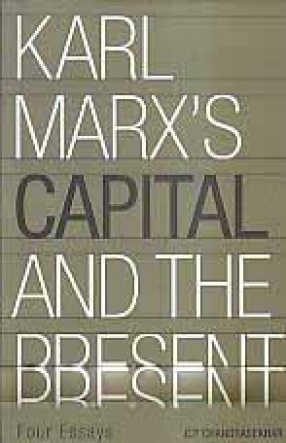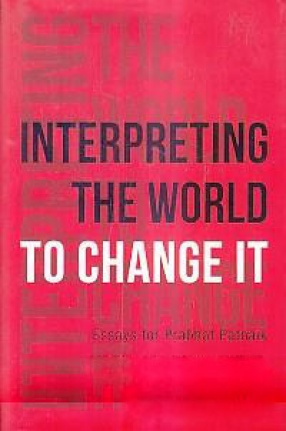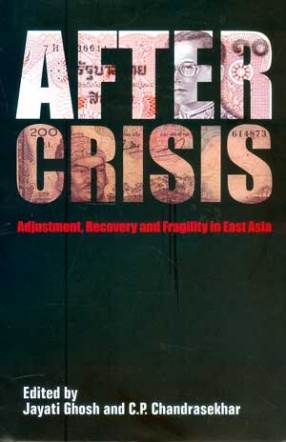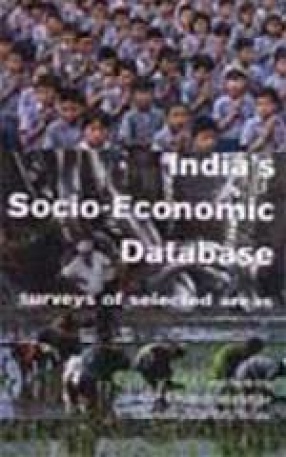
Showing all 5 books



The global fincial crisis that exploded around September 2008 was just one more in a series of crises that have affected more than sixty countries in the era of financial liberalization. Of course the latest crisis is particularly significant in a number of ways: it originated in the core of capitalism, in the United States; it has spread dramatically across the world, even to countries that earlier seemed to be relatively secure; it calls into question many of ...

The explicit adoption of a neoliberal reform programme in mid-1991 by the Indian government was the start of a period of intensive economic liberalization and changed attitudes towards government intervention in the economy. This book surveys the actual experience of the last decade to argue that this strategy has not just failed to deliver sustained growth, but has had damaging consequences from the point of view of employment, poverty alleviation and equity. It ...

India has a large and diverse economic and social database which, although it compares well with the information available in other developing countries, is characterized by a number of inadequacies. To start with, there are problems of coverage: the population covered by a particular data-set is often not comprehensive enough, or efforts to merge information from different sources are rendered impossible due to overlapping populations and variations in ...
